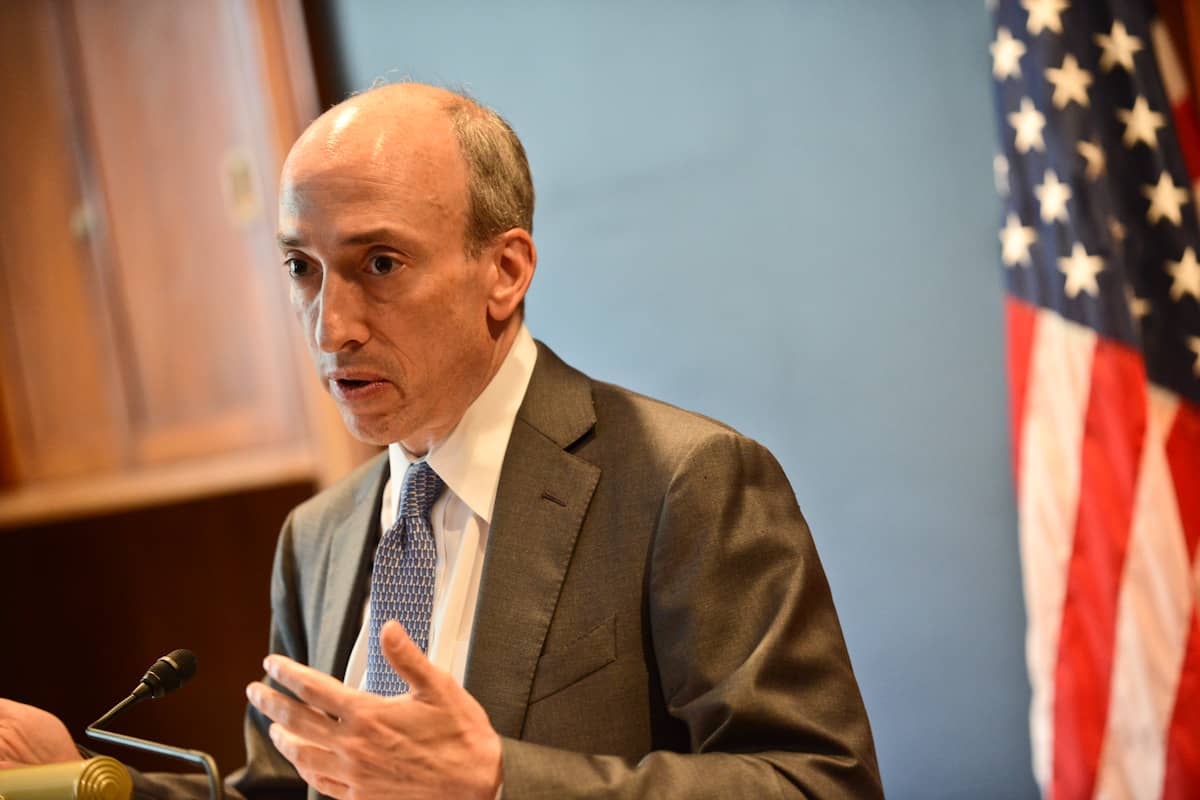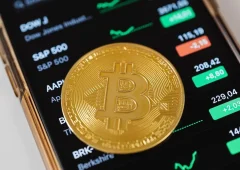Cryptocurrencies Will Not Replace National Currencies, SEC Chairman Says
10.10.2024 15:00 1 min. read Alexander Stefanov
US Securities and Exchange Commission (SEC) Chairman Gary Gensler has expressed scepticism about the use of Bitcoin (BTC) or other cryptocurrencies as a form of payment.
He believes they are more likely to be seen as a store of value rather than a replacement for national currencies. Drawing on historical context, Gensler highlighted the tendency of countries to maintain a single currency due to its crucial role as a store of value, medium of exchange and unit of account.
He invoked Gresham’s law, a 19th century principle, to argue that “bad money drives out good money“, reinforcing the importance of national currencies over alternatives such as cryptocurrencies.
As for the broader crypto landscape, Gensler noted that the SEC remains “merit neutral” and relies on the public to decide whether specific cryptocurrencies are useful through appropriate disclosure.
However, he reaffirmed the SEC’s commitment to enforcing fraud prevention laws, stressing that the crypto industry is rife with scams, fraudsters and scammers. The Chairman defended the SEC’s regulatory position, citing the Howey test as the basis for determining whether a crypto asset qualifies as a security.
In closing, Gensler emphasized the need for enforcement to ensure market integrity, but declined to speculate on how future political changes, such as Trump’s re-election, could affect his position or the SEC’s approach.
-
1
Top 10 Trending Cryptocurrencies Today, According to CoinGecko
04.07.2025 15:31 3 min. read -
2
Second Largest Bank in Spain Rolls out in-app Bitcoin and Ethereum Trading
07.07.2025 15:30 2 min. read -
3
How Much Profit Would you Make if you Invested $3,000 in Shiba Inu One Year Ago?
09.07.2025 22:00 2 min. read -
4
SPX6900 Price Prediction: SPX Holders Jump and Trading Volumes Explode – Is $2 In Sight?
09.07.2025 17:44 3 min. read -
5
2 Altcoins Gaining Strength as Bitcoin Enters New Phase
08.07.2025 13:00 2 min. read
U.S. Public Pension Giant Boosts Palantir and Strategy Holdings in Q2
According to a report by Barron’s, the Ohio Public Employees Retirement System (OPERS) made notable adjustments to its portfolio in Q2 2025, significantly increasing exposure to Palantir and Strategy while cutting back on Lyft.
Key Crypto Events to Watch in the Next Months
As crypto markets gain momentum heading into the second half of 2025, a series of pivotal regulatory and macroeconomic events are poised to shape sentiment, liquidity, and price action across the space.
Top Trending Cryptocurrencies Today: Qubic, Conflux, and Tezos
The crypto market is seeing a burst of activity, with several altcoins outperforming the broader market.
Altcoins Drain Bitcoin Liquidity as Correlation Breakdown Sparks Caution
According to a new market update from Alphractal, altcoins have been outperforming Bitcoin in recent days—drawing liquidity away from the leading cryptocurrency and triggering key warning signals.
-
1
Top 10 Trending Cryptocurrencies Today, According to CoinGecko
04.07.2025 15:31 3 min. read -
2
Second Largest Bank in Spain Rolls out in-app Bitcoin and Ethereum Trading
07.07.2025 15:30 2 min. read -
3
How Much Profit Would you Make if you Invested $3,000 in Shiba Inu One Year Ago?
09.07.2025 22:00 2 min. read -
4
SPX6900 Price Prediction: SPX Holders Jump and Trading Volumes Explode – Is $2 In Sight?
09.07.2025 17:44 3 min. read -
5
2 Altcoins Gaining Strength as Bitcoin Enters New Phase
08.07.2025 13:00 2 min. read


